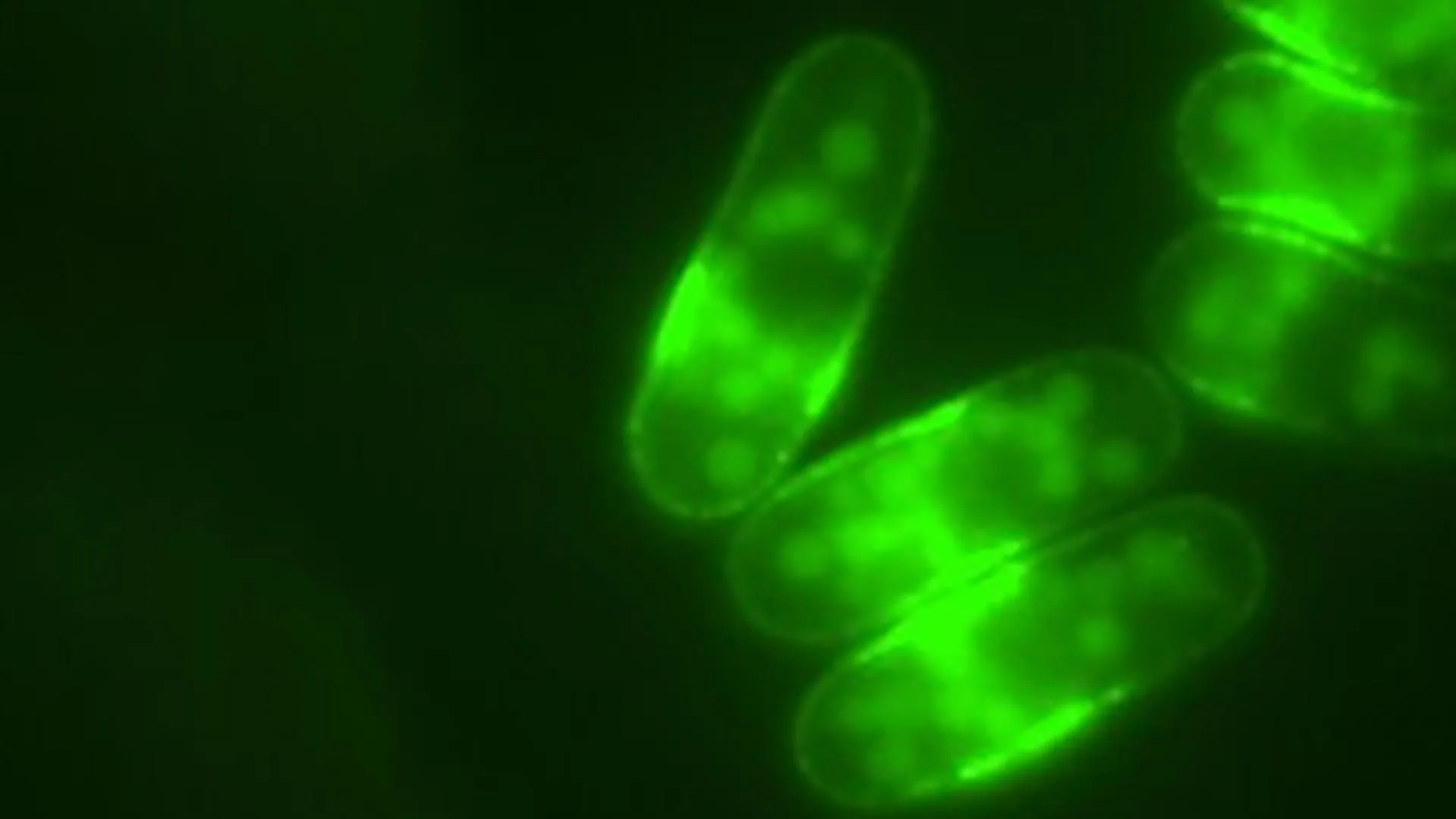LONDON – In a groundbreaking discovery, scientists at Queen Mary University of London have unveiled how caffeine, the world’s most popular stimulant, could play a pivotal role in slowing down the ageing process at a cellular level.
Breaking: Caffeine’s Cellular Impact
A recent study conducted by the Cellular Ageing and Senescence laboratory at Queen Mary University has revealed that caffeine affects the ageing process by activating a cellular energy system that has been preserved through evolution. This discovery, published in the journal Microbial Cell, offers new insights into how caffeine interacts with cellular mechanisms.
Immediate Impact
For years, caffeine has been associated with various health benefits, including a reduced risk of age-related diseases. However, the exact mechanisms through which it influences cellular processes have remained elusive until now. The study focused on fission yeast, a single-celled organism with remarkable similarities to human cells, to uncover caffeine’s role in cellular longevity.
Key Details Emerge
Previously, researchers identified that caffeine could extend cell lifespan by influencing the growth regulator known as TOR (Target of Rapamycin), a biological switch that governs cell growth based on available energy and nutrients. In their latest findings, scientists discovered that caffeine doesn’t act directly on TOR. Instead, it activates AMPK, a crucial cellular energy sensor conserved across species.
AMPK acts as a cellular fuel gauge, stepping in when cells are low on energy to help them cope with stress and repair damage.
Expert Analysis
“When your cells are low on energy, AMPK kicks in to help them cope,” explains Dr. Charalampos (Babis) Rallis, Reader in Genetics, Genomics, and Fundamental Cell Biology at Queen Mary University of London. “Our results show that caffeine helps flip that switch,” he adds, emphasizing the potential health benefits linked to caffeine consumption.
Dr. John-Patrick Alao, the postdoctoral research scientist leading the study, noted, “These findings help explain why caffeine might be beneficial for health and longevity. They open up exciting possibilities for future research into how we might trigger these effects more directly—with diet, lifestyle, or new medicines.”
By the Numbers
- Caffeine consumption is linked to a 15% reduced risk of age-related diseases.
- AMPK activation is a target for drugs like metformin, which is being studied for lifespan extension.
- The TOR pathway has been regulating cellular energy for over 500 million years.
Background Context
The announcement comes as scientists continue to explore the potential of caffeine beyond its well-known stimulant effects. The timing is particularly significant as it coincides with increased interest in dietary and lifestyle interventions for promoting longevity and healthy ageing.
What Comes Next
This development builds on previous research into how lifestyle choices impact cellular health. Meanwhile, industry experts warn that while caffeine shows promise, more research is needed to fully understand its long-term effects on human health. The move represents a significant shift from traditional views of caffeine, positioning it as a potential ally in the quest for longevity.
As researchers delve deeper into the mechanisms of caffeine, the next steps involve exploring its effects in human cells and potential applications in medicine. The findings could pave the way for new dietary recommendations and therapeutic strategies aimed at enhancing lifespan and healthspan.
So, the next time you reach for your morning coffee, remember that you might be doing more than just boosting your focus—you could also be giving your cells a helping hand in the fight against ageing.
